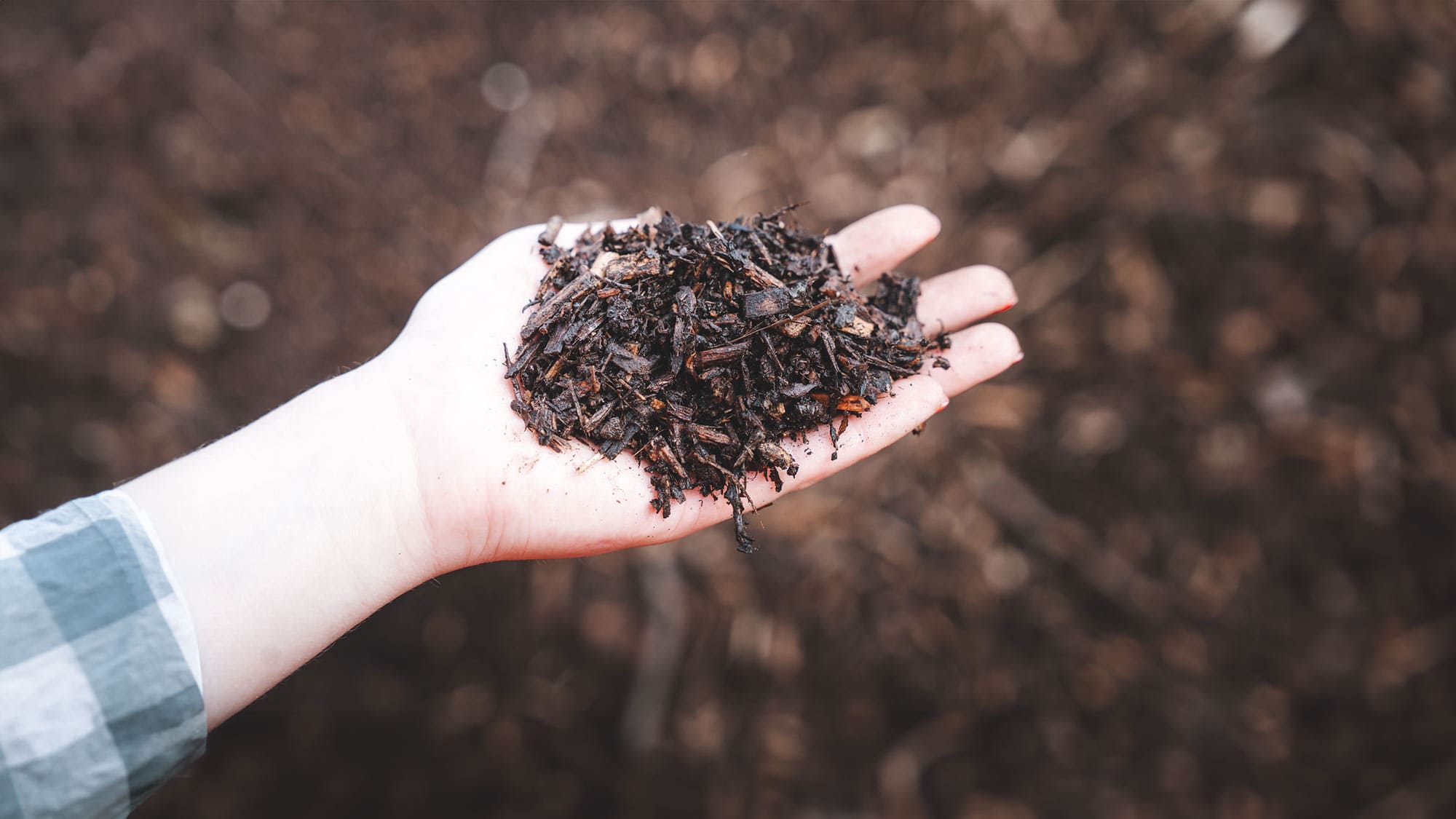Leading household brands join forces to tackle flexible plastic packaging recycling in the UK
A new report and research from the Flexible Packaging Consortium sets out solution for the collection of flexible plastic packaging. The report – Mapping the value chain for flexible plastic packaging in the UK – sets out a practical framework of data and knowledge which, if implemented, would increase recycling and help reduce the detrimental effect of packaging on the environment.
An estimated 215 billion items of flexible plastic packaging – such as confectionery wrappers, pet and baby food pouches, bread bags and crisp packets – are placed on market in the UK each year and nearly all of this is currently sent to energy recovery or landfill after use. Less than 20% of local authorities collect any form of plastic film or other flexible plastic packaging for recycling.
The Flexible Packaging Consortium made up of Ella’s Kitchen, Mars, Nestlé, and Taylors of Harrogate, along with waste and recycling experts SUEZ, was formed 18 months ago with the shared knowledge that collaboration with other industry experts would have the biggest impact on tackling plastic packaging waste. Today they release a new report summarising their work, providing data and recommendations which highlight an opportunity to increase flexible packaging recycling in the UK. Much of this data has already been shared with Defra and The UK Plastics Pact.
The report reviews how much flexible packaging is placed on market, how the current collection system works, and end of life recycling solutions for this type of packaging. Building on this data, the report then considers how flexible packaging could be collected and recycled under proposed policy changes like an amended extended producer responsibility (EPR) system, a deposit return scheme, and the standardisation of core materials collected for recycling from 2023.
Modelling in the report shows that introducing a deposit return scheme in 2023 would free up space in collection trucks as some materials are moved away from kerbside collections. Including flexible packaging in the core materials collected for recycling from 2023 would use this space in a cost-efficient way, increasing recycling of these materials through the existing systems as they are phased in.
The report findings reveal an opportunity to take a significant step forward in dealing with the difficult issue of recycling flexible packaging, which would be transformative for brands, retailers, and consumers in the UK.
Moving this waste stream away from energy recovery or landfill will require continued collaboration across sectors, and so the Consortium is calling on other stakeholders to read the report and join the effort to deliver solutions for flexible packaging waste.
Mark Cuddigan, CEO of Ella’s Kitchen, said: “Protecting the planet for future generations is a top priority for us at Ella’s Kitchen and as a B Corp, we strongly believe that business has the power to be a force for good in society. Every business must play their part in addressing sustainability challenges, and it is clear that when we work together and collaborate our efforts, we are far more likely to create real, long-term solutions. We are proud to be part of the Flexible Packaging Consortium and work alongside these brands on this key issue. We hope our work not only goes to helping to improve the recycling of all flexible packaging in the UK, but also inspires more cross-sector collaboration on sustainability initiatives.”
Stefano Agostini, CEO for Nestlé UK and Ireland said: “We know there is power in working together across businesses and industry, and by joining forces we can have more influence in making sure our packaging can be recycled. We cannot solve this problem alone and I am proud to be working in the Consortium to tackle this collective issue which has such a huge impact on our planet.”
Kathryn Patchett, Product Sustainability Specialist at Taylors of Harrogate, said: “This report is a significant milestone in our shared aim to make it easier for households to recycle their flexible plastics. At Taylors we’re working hard on the sustainability of every aspect of our products and packaging, from the inside out, but it’s only by collaborating across the value chain that we can have a real impact on the potential to recycle these trickier materials. We’re proud to be part of the Consortium as part of our commitment to ensuring all of our packaging can be reused, recycled or composted by 2025.”
Stuart Hayward-Higham, Technical Development Director for SUEZ recycling and recovery UK and author of the report said: “This report summarises many months of research and collaboration across the value chain to understand issues and demonstrates a real potential to move more plastic packaging into the recycling bin. Collecting flexible plastic packaging and films from homes and businesses would help improve recycling rates and create a more circular system for flexible plastic packaging, so we are encouraged both by the findings and by the effective partnership working that made it possible to complete the research.”
